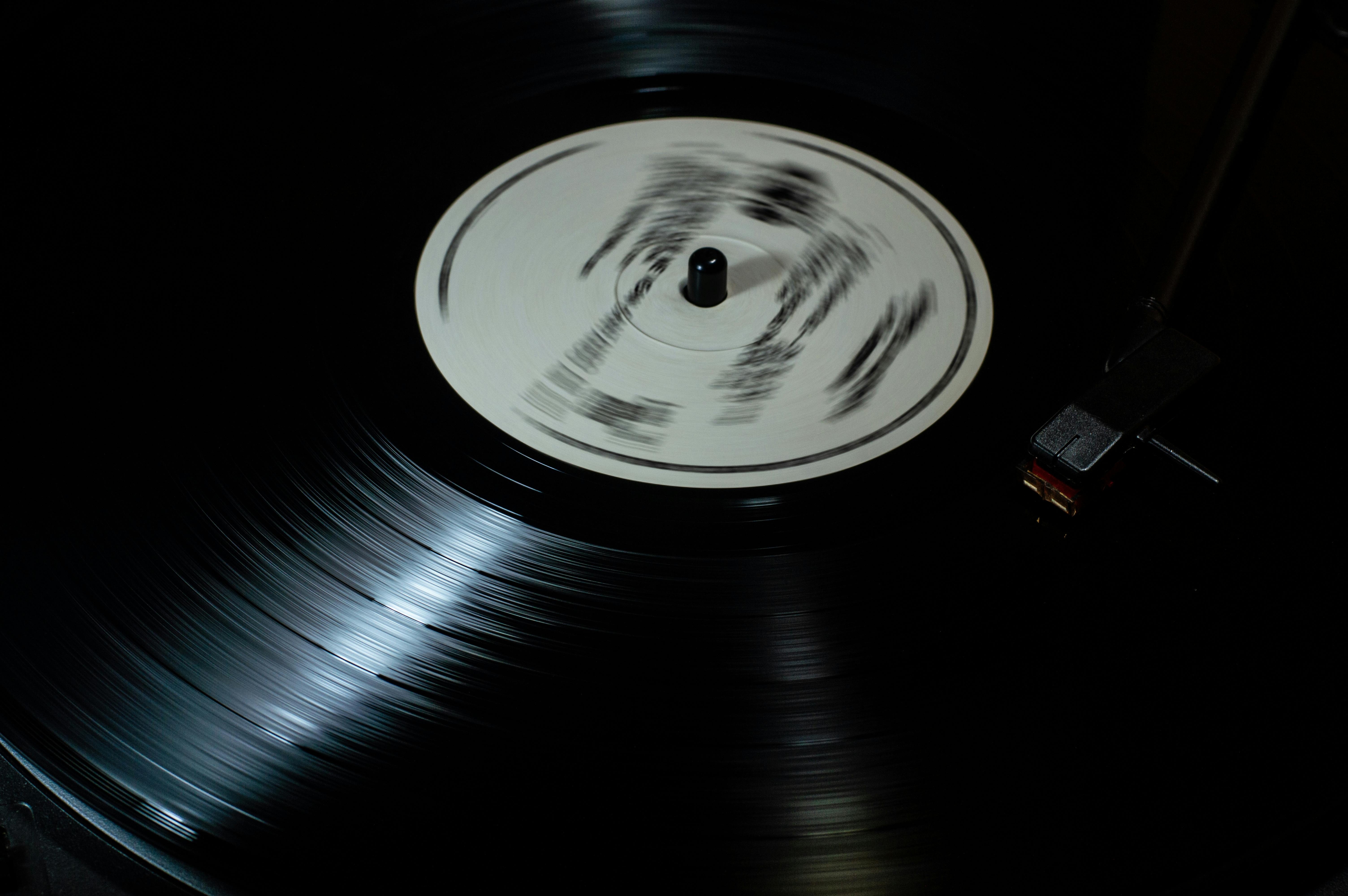Weather central air conditioning definitely consumes more energy than the little ones in the window, or split air conditioners in recent times, it is possible to reduce cooling costs by following some of the air conditioning tips listed here, distinguishing the type of air conditioner.
Air Conditioning Tips for Cost Effective Cooling
Here are some surefire ways to make summers more enjoyable and easier on the pocketbook:
Opt for Energy Star products
Opt for Energy Star-qualified air conditioners to ensure that the device consumes relatively less energy than other conventional units on the market. The type of air conditioner doesn’t really matter, as Energy Star central and window ACs offer the same cooling effects as their non-Energy Star counterparts, but use less energy. According to reports, Energy Star centralized ACs use 14% less energy, while window units can run on at least 10% less energy than conventional units.
Don’t hesitate to replace inefficient air conditioning units with Energy Star products if the old units have served their time. While Energy Star products tend to be a bit more expensive, the costs are recoverable with lower energy bills over time. However, energy efficiency figures tend to vary from product to product.
Thermostat settings
Installing programmable thermostats to control the level of cooling is a good way to reduce energy consumption and therefore costs. It’s perfectly fine to set the temperature a couple of degrees lower than usual when you’re at home: an ideal setting of 78 degrees keeps the space comfortably cool without overloading the cooling system. Any drastic change in temperature tends to consume more energy.
However, turning the temperature up to a little less than the outside temperature (typically 85 degrees) when you’re away from home ensures a minimal load on the air conditioning unit, allowing it to cool down quickly when needed.
Ventilation, Insulation and Glazing
A well-ventilated attic space allows most of the heat absorbed by the ceiling to dissipate before it reaches the ceiling of the room. Again, as cooler air tends to settle, it’s important to make sure all basement vents are sealed to prevent cold air from escaping outdoors.
Insulating the house ensures that cooling, once achieved, is not compromised by unwanted drafts entering or leaving the interior of the house. Crack and crevice sealing, especially gap filling around doors and windows, utility ducts, etc. It will help keep the cold of space longer.
Window glass, or the use of tinted glass, or those with special UV reflective coatings, can help prevent heat from being absorbed into homes through the glass of windows and doors.
Limit heat generation during the day
Air conditioning systems work to cool indoor spaces by removing heat.. One or more constant sources of heat inside the house during the day force the unit to work longer to reach the set temperature. Appliances, bright lights, and even personal computers generate a great deal of heat during normal operation. Limiting the use of heat-generating devices and appliances during the day not only helps save energy, it also prevents additional stress on cooling systems.
Home decor
From wall paints to upholstery and curtains, it’s a known fact that dark colors tend to absorb heat and then dissipate it. Configuring light-colored reflective paints for exterior walls and pastel upholstery and drapes can help minimize heat absorption. Placing furniture out of direct sunlight also helps keep it from absorbing heat. In fact, keeping heavy furniture away from your air conditioning vents will allow cool air to circulate freely.
Ceiling fans can help alleviate the summer heat, especially when used in conjunction with air conditioners. Once the interiors are cool enough, ceiling fans can be used to circulate air to all parts of the room.
house exteriors
Green cover in the immediate outdoor environment also plays a vital role in keeping home interiors cool and comfortable. Plants and shrubs around the house offer a respite from the heat. Placing air conditioning condenser units in a sheltered, clutter-free location ensures that hot air from the home is efficiently removed.
Changing filters regularly and keeping air conditioning units in good working order with basic maintenance is a must to increase savings.


